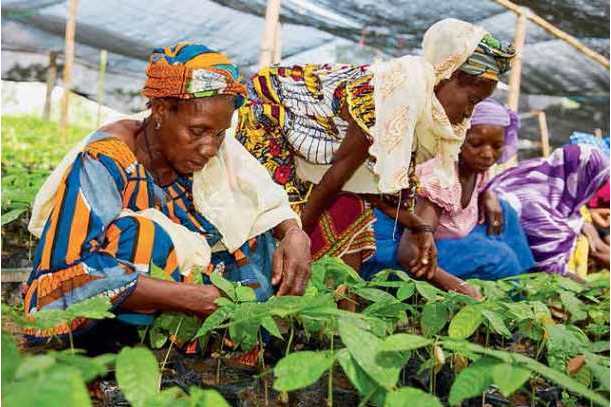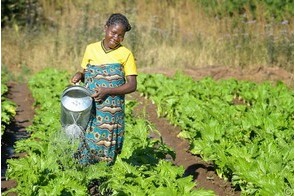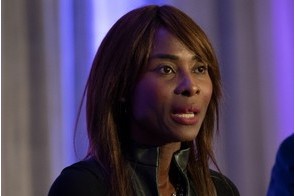Women still less active in labour market than men - ILO

Summary
Despite notable progress over the past 20 years, updated ILO figures show persistent inequalities between women and men on access to the labour market, unemployment and conditions at work.
Women are less likely to participate in the labour market than men and are more likely to be unemployed in most parts of the world, says a new study by the International Labour Organization (ILO) released on the eve of International Women’s Day (marked on 8 March.)
According to the World Employment and Social Outlook: Trends for Women 2018 – Global Snapshot, the global women’s labour force participation rate – at 48.5 per cent in 2018 – is still 26.5 percentage points below the rate of their male counterparts. In addition, the global unemployment rate of women for 2018 – at 6 per cent – is approximately 0.8 percentage points higher than the rate for men. Altogether, this means that for every ten men in a job, only 6 women are in employment.
“Despite the progress achieved and the commitments made to further improvement, women’s prospects in the world of work are still a long way from being equal to men’s,” said Deborah Greenfield, ILO Deputy Director-General for Policies.
“Whether it is about access to employment, wage inequality or other forms of discrimination, we need to do more to reverse this persistent, unacceptable trend by putting in place policies tailored to women, also taking into account the unequal demands that they face in household and care responsibilities,” she added.
However, the snapshot signals significant disparities, depending on the wealth of countries.
For instance, differences in unemployment rates between women and men in developed countries are relatively small. Women even register lower unemployment rates than men in Eastern Europe and North America.
Conversely, in regions such as the Arab States and Northern Africa, female unemployment rates are still twice as large as men’s, with prevailing social norms continuing to obstruct women’s participation in paid employment.
Another example of these differences is that the gap in employment participation rates between men and women is narrowing in developing and developed countries while it continues to widen in emerging countries. However, this may be a reflection of the fact that a growing number of young women in these countries have joined formal education, which delays their entry to the labour market.
The snapshot also shows that women face significant gaps in the quality of the employment they are in. For instance, compared to men, women are still more than twice as likely to be contributing family workers. This means that they contribute to a market-oriented family business, but are often subject to vulnerable conditions of employment without written contracts, respect for labour legislation and collective agreements.
And while in emerging countries the female share of contributing family workers has declined over the past decade, in developing countries it remains high, at 42 per cent of female employment in 2018, compared to 20 per cent of male employment, with no signs of an improvement by 2021.
As a result, women are still overrepresented in informal employment in developing countries.
These findings also confirm previous ILO research that warned against significant gender gaps in wages and social protection.
Looking at women running businesses, the authors note that globally, four times as many men are working as employers than women in 2018. Such gender gaps are also reflected in management positions, where women continue to face labour market barriers when it comes to accessing management positions.
“Persistent challenges and obstacles for women will reduce the possibility for societies to develop pathways for economic growth with social development. Closing gender gaps in the world of work thus should remain a top priority if we want to achieve gender equality and empower all women and girls by 2030,” concluded Damian Grimshaw, Director of the ILO Research Department.
Related
-
Women can play a multipurpose role in ending malnutrition and poverty
Efforts to end poverty through empowering women and other vulnerable groups will help us achieve the SDG zero-hunger and ...
-
AWIEF opens nominations for 2025 awards for Africa’s women entrepreneurs
“The AWIEF Awards are not just about recognition – they are about empowering and amplifying the voices of women ...
-
IFC, Goldman Sachs deliver $1.45bn credit to women entrepreneurs
WEOF builds on the IFC Banking on Women and Goldman Sachs 10,000 Women initiatives.










